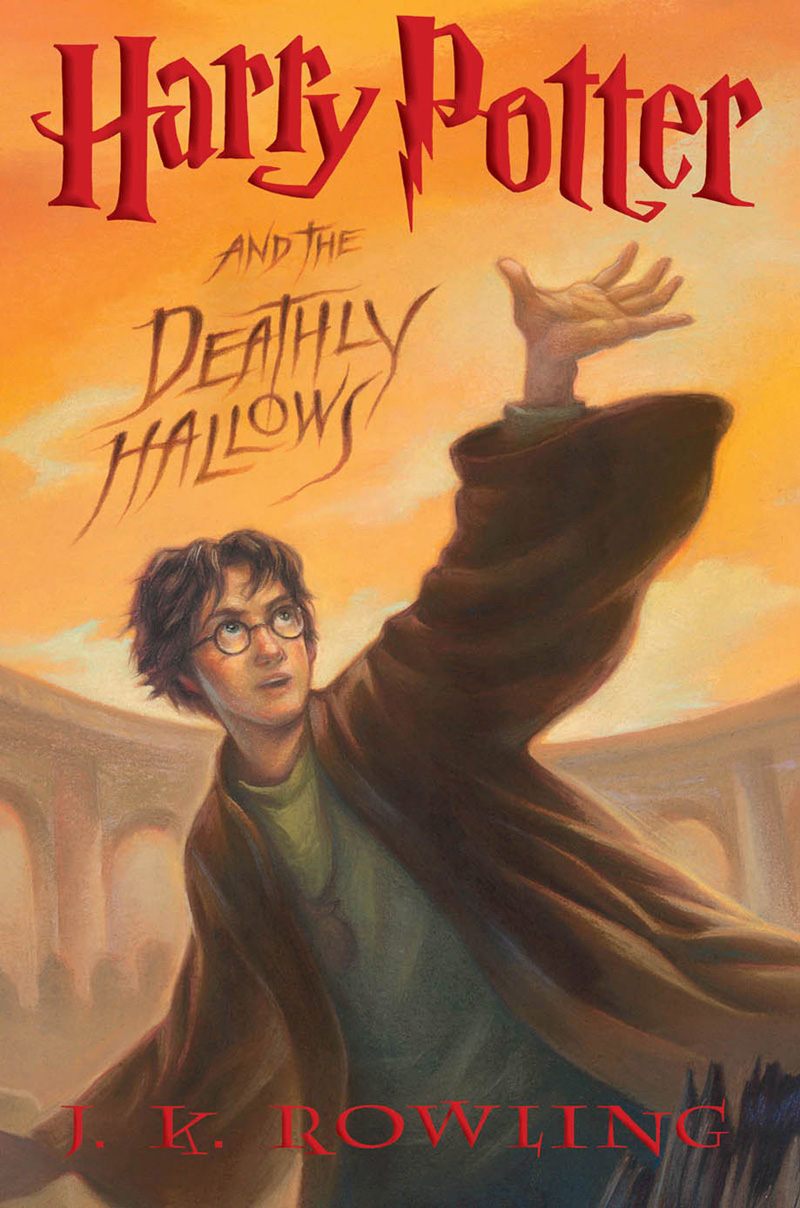At the end of this section, is Camus saying that Father Paneloux lost his faith and died because of it? His sermon didn’t really seem to go anywhere. In the passage on 225, he speaks of times in history when there was no purgatory; it seems to me that he should say that this plague is the purgatory, but before this, on 224, he says that he can’t assure anyone that M. Othon’s little boy faces a life of eternal bliss because “he [knows] nothing about it.” His words say to me that he knows he should feel that the boy’s suffering is equivalent to the fiery spiritual cleansing usually experienced by the soul in purgatory, and that maybe if he hadn’t witnessed the event himself he would have preached that the boy’s soul had been purified and he is now in Heaven. Camus definitely wants to evoke divine purgation since he describes the boy’s suffering as being comparable to fiery torment.
Father Paneloux has been stripped of his convictions, which I think is why we get most of his sermon as a second-hand relation told by the narrator rather than as first-hand dialogue, except for the important passages; he seems to be just going through the motions. When he dies, it’s like he chokes on his own blood. After reading this, I looked up the four temperaments that evolved from the belief in the four humors. The humors theory holds that blood represents both springtime and arrogance, which fits Father Paneloux because his first sermon took place in the spring and it was very arrogant. The temperament used to name the state of having too much blood is “sanguine,” which Wikipedia defines as being “full of hope” but which I have always associated with a certain amount of self-satisfied smugness. These characteristics also describe Paneloux’s first sermon and his attitude at that time. When he dies, it’s as though the humor of blood has been taken over by the humor of phlegm, which is said to represent coldness and an absence of emotion. Father Paneloux definitely seems cold and unemotional during his second sermon, and afterwards in his interaction with his elderly hostess. In the end, his symptoms match the symptoms said to plague those who suffer from too much phlegm: fever, lungs full of phlegm, lassitude, and resignation. In the end, disgusting as it is, he coughs up what seems to be blood mixed with phlegm.
Why is Camus alluding to these ancient beliefs? I think there are several reasons. For one thing, they’re ancient, just like the plague; in medieval times, the plague would have been studied and dealt with in terms of the four humors. Additionally—in this novel at least—modern medicine seems to have as little effect on curing the plague as did the methods used by doctors who subscribed to the four humors theory. The methods used to combat the disease haven’t advanced very much from medieval times: lancing buboes (which is now known to be harmful), quarantining people, closing the gates to the city, praying.
I think Camus includes descriptions of medieval plague outbreaks on purpose, not just to show that the plague is an ancient affliction or an ancient evil, but also to imply three ideas. The most obvious is to compare how humanity coped with the plague in ancient times to how the people of
I also think what Camus is getting at is the fact that Christianity is about as effective at fighting, curing, or understanding the plague—or the absurd—as is the old belief in the four humors. Christianity has been around for a long time, just like the plague. I also see a parallel between the fact that the four humors theory has been disproved, and maybe Camus is saying that Christianity is just as archaic and ridiculous as the four humors theory. Camus gives several examples of monasteries almost wiped out by the plague, so obviously just being a Christian doesn’t spare one from dying of the plague. Interestingly enough, the people who live in most of his examples are the ones who do their duty and help others, like Camus’s characters. Characters like Rieux and Tarrou embody Camus’s belief that one should simply continue doing what one can even though it may seem pointless in the face of the overwhelming enormity of the absurd. Trying to find an answer for the absurd, like Father Paneloux does, is only going to lead to anguish because one cannot understand the absurd.













No comments:
Post a Comment